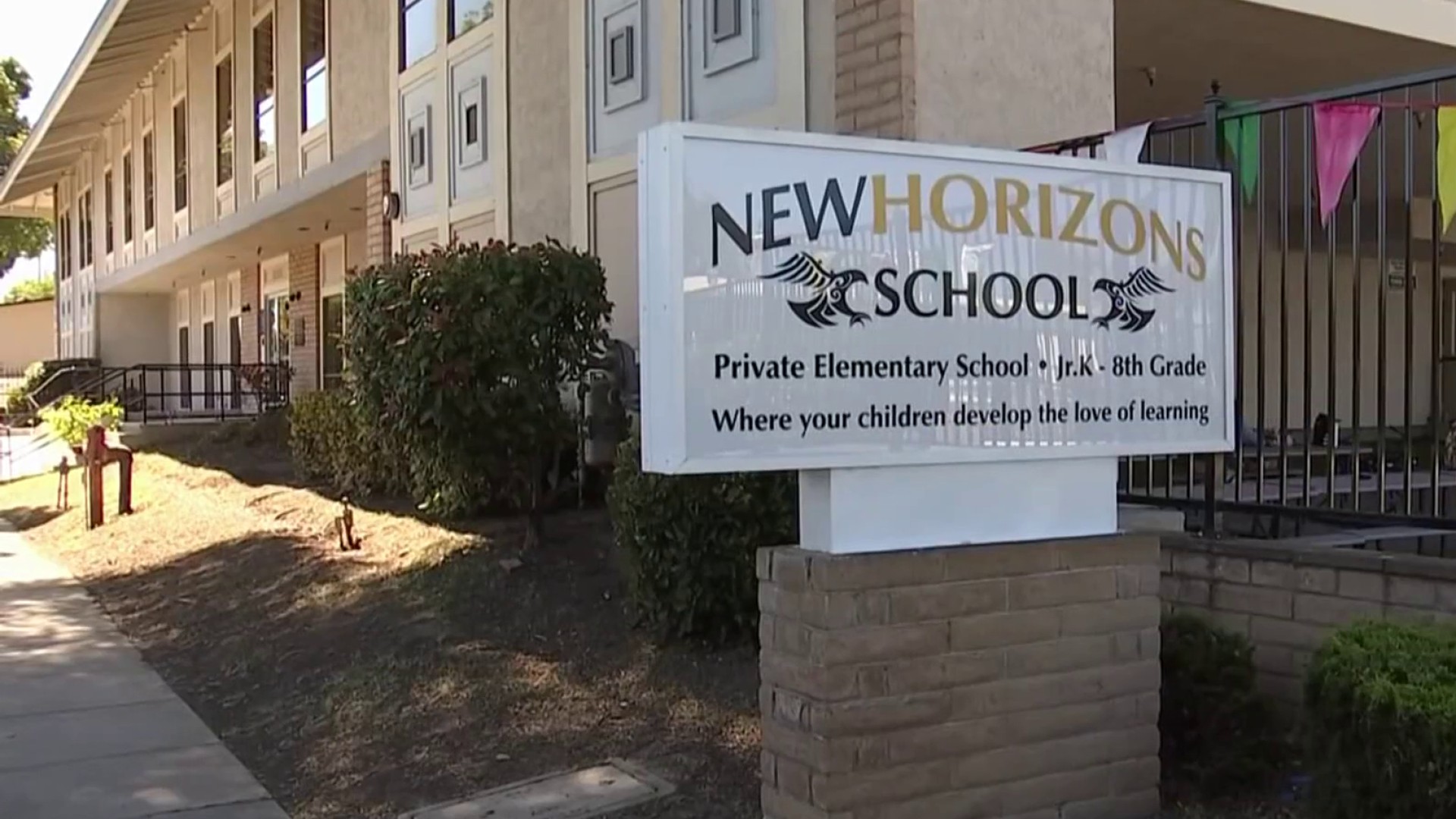A Contra Costa County Superior Court judge upheld Richmond’s rent control law on Tuesday, easing the anxieties of many tenants in the working-class city who feared an immediate rent hike if the law was suspended.
The California Apartment Association, one of the largest landlord groups in the state, filed for a preliminary injunction last month to halt the policy after it was approved by more than 60 percent of voters in November. Judge Judith Craddick shot down the request after considering it for more than a week, allowing rent control to stay in effect while the rest of the lawsuit plays out.
Craddick said the association failed to provide proof that landlords would suffer from "irreperable harm" if rent control remained in effect throughout the course of the suit.
Titled “Measure L” on the ballot, rent control was one of the most divisive issues facing the Richmond electorate during the last election. In addition to capping annual rent hikes on apartment units built before 1995 to the rate of inflation, around 3 percent, the law requires landlords have a “just cause” to evict a tenant, such as failure to pay rent or adhere to the lease agreement. Rollback provisions also included in the measure resulted in some rent reductions for tenants.
Tenants Together and other equitable housing advocates hailed the verdict, calling it a victory in what has been a protracted fight to establish rent control laws in a city where 50 percent of people live in rental housing.
"For years, we’ve been fighting alongside Richmond residents, organizations and landlords to protect residents from unfair rent increases, evictions, and substandard living conditions," said Asian Pacific Environmental Network organizer Ratha Lai. "While gentrification and displacement are still ongoing issues, the court’s ruling today affirms the public’s will for renter’s protections."
Mike Nameth, a representative for the California Apartment Association, said the ruling was a setback and reiterated the group’s commitment to overturning the law. Lawyers for the group plan on arguing that Measure L violates the due process clause of the Constitution.
Local
"Obviously, we are very disappointed with the ruling," Nameth said. “We continue to believe that Richmond’s rent control law is unconstitutional."
He added that group was consulting with attorneys to assess options.
"It’s important to note that while this ruling affects our motion for a preliminary injunction, our lawsuit challenging Measure L remains in play."
Prior to Measure passing in November, several Richmond tenants told NBC Bay Area that their rent had increased upwards of $300 with little notice. They viewed passing the measure as a final push to stave off creeping gentrification and avoid displacement of longtime residents.
The city will now move forward with forming a rent board made up of landlords and tenants to oversee the implementation of the rent control law. The looming threat of a preliminary injunction had temporarily stalled those efforts.
"It is time to move forward and create the rent control board Richmond voted to put in place," Tenants Together attorney Leah Simon-Weisburg said.



